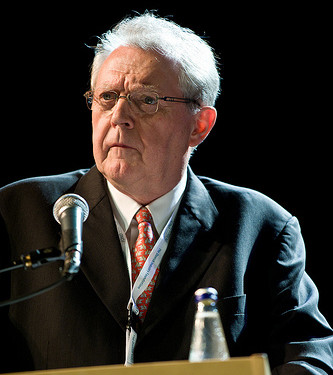“The support and reinforcement of the EU’s growth agenda has to come from the regions in Northern Europe – like the Baltic Sea Region”, Hans Skov Christensen, vice chairman of the Baltic Development Forum (BDF), said at conference today in Szczecin, Poland.
“It is obvious that a growth oriented agenda is needed”, he said. “We cannot wait until problems of Southern Europe have been solved”.
The conference, the 19th annual conference of BSSSC -The Baltic Sea States Subregional Co-operation – had as its focus the role of the regions in Baltic Sea Region macro-strategy and the EU Cohesion policy.
Regions’ request for improvement of the Baltic Sea Strategy
A BSSSC position paper presented at the conference called for “broader involvement of the regions” in the implementation of the strategy through a multi-level government framework. Other points included:
- increased cooperation with Russia within the framework of the strategy (“Involving Russia via the Northern Dimension framework seems insufficient and ineffective”).
- improved level of communication and information
- a specific budget line also in future EU budgets for implementation of the Baltic Sea Strategy (“The financial framework for the strategy is not satisfactory”, partly because there is a lack of coordination between the national programmes, states the BSSSC).

More “hard core” projects for business
Speaking under the headline “On the road to growth and prosperity” Hans Skov Christensen, formerly CEO and Director-General of the Confederation of Danish Industries, called for more involvement from the private sector and for deepening the internal market in the Baltic Sea Region.
Concretely, he underlined the importance of developing a “regional digital agenda” as a way to promote the deepening of the internal market, and invited the BSSSC to cooperate with the BDF for initiatives to reduce existing trade barriers.
Hans Skov Christensen emphasized that we need more “hard core” projects in the context of the Baltic Sea Region strategy, supporting infrastructure development and framework conditions for business – in addition to the many projects today which are “soft in character” and consists mainly of exchange of best practices.

